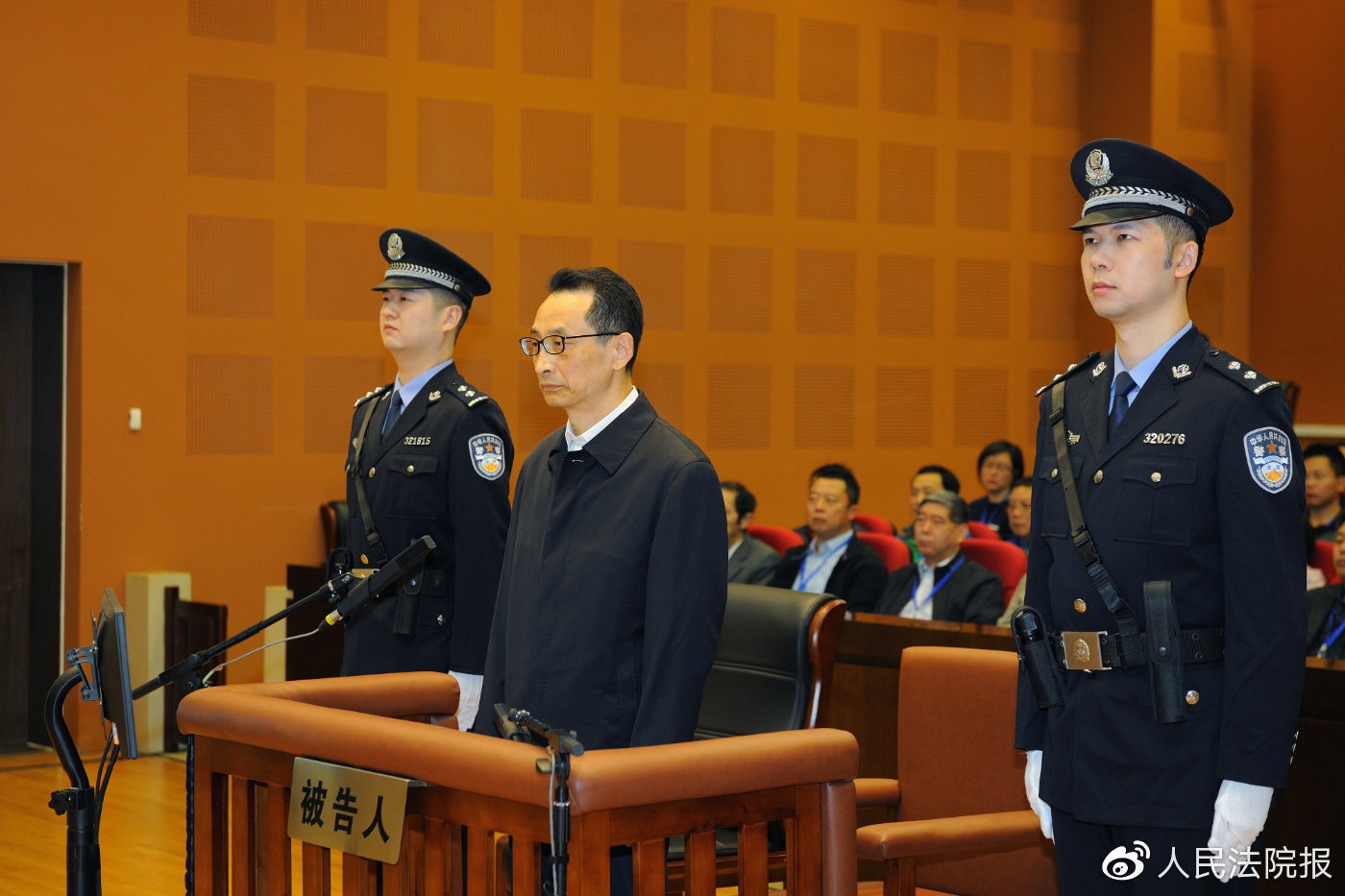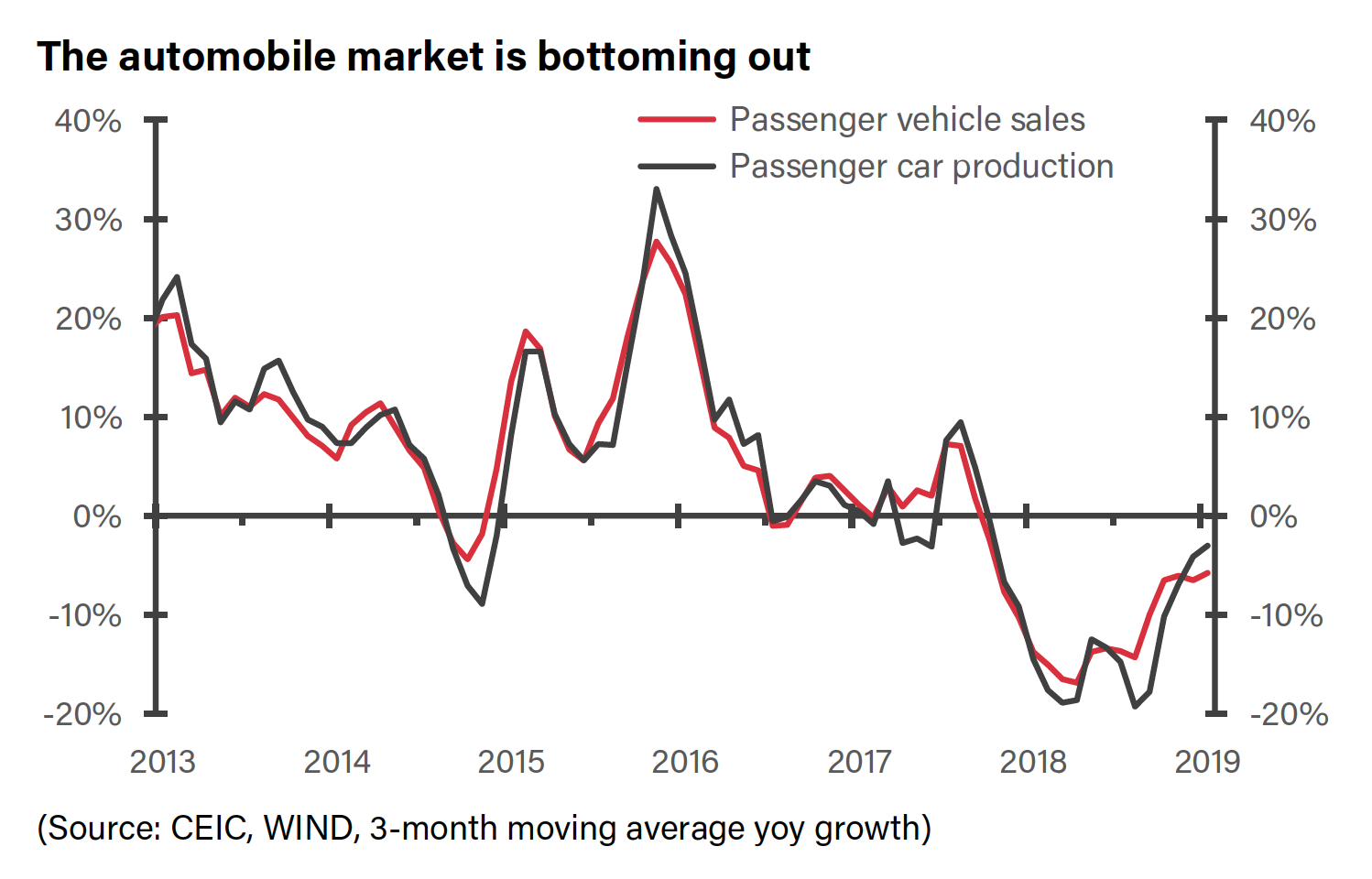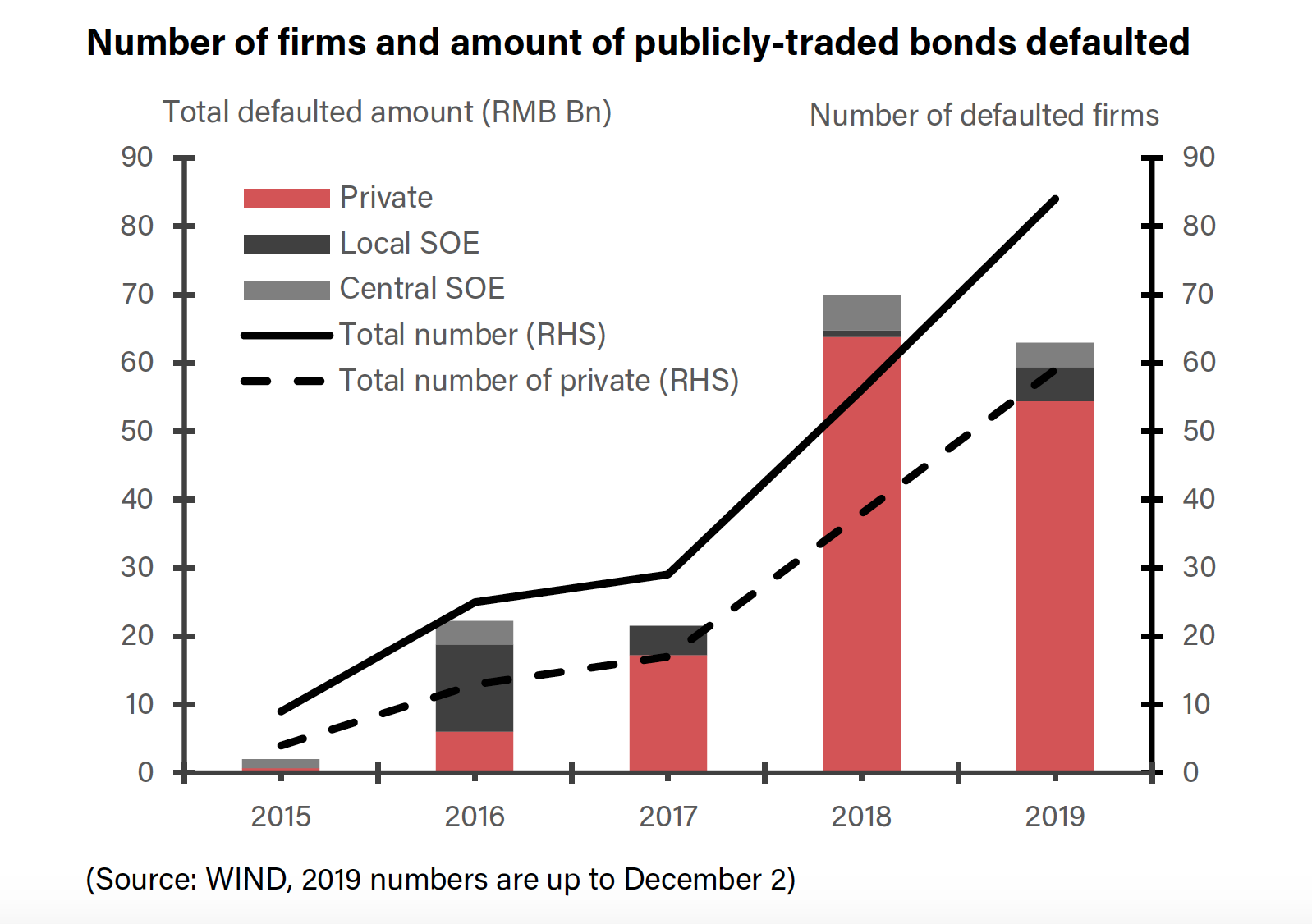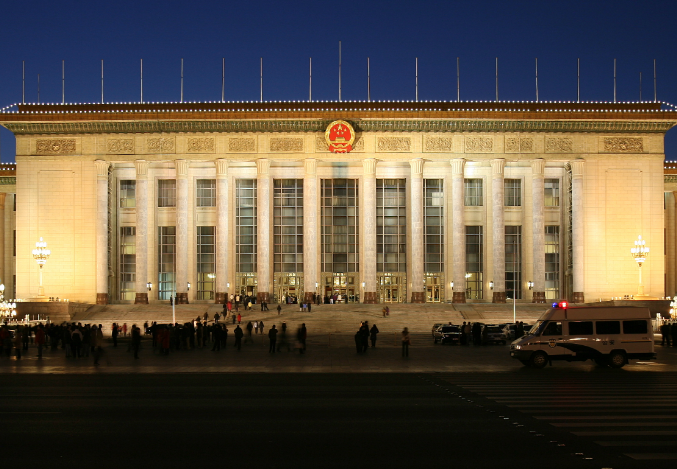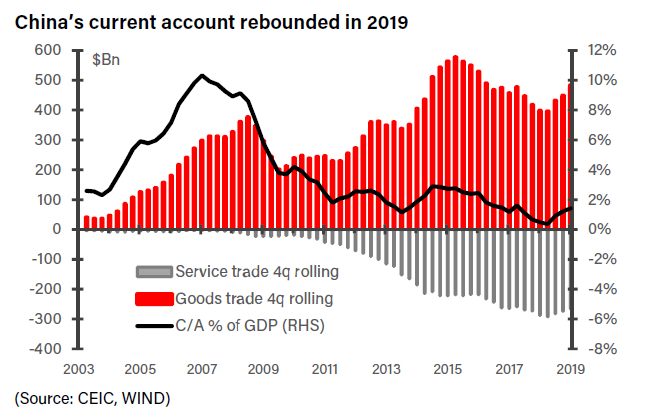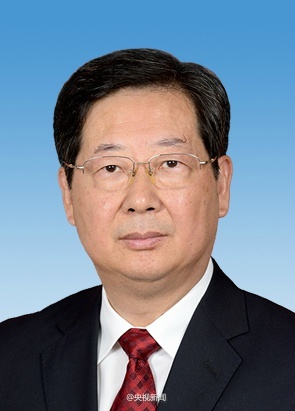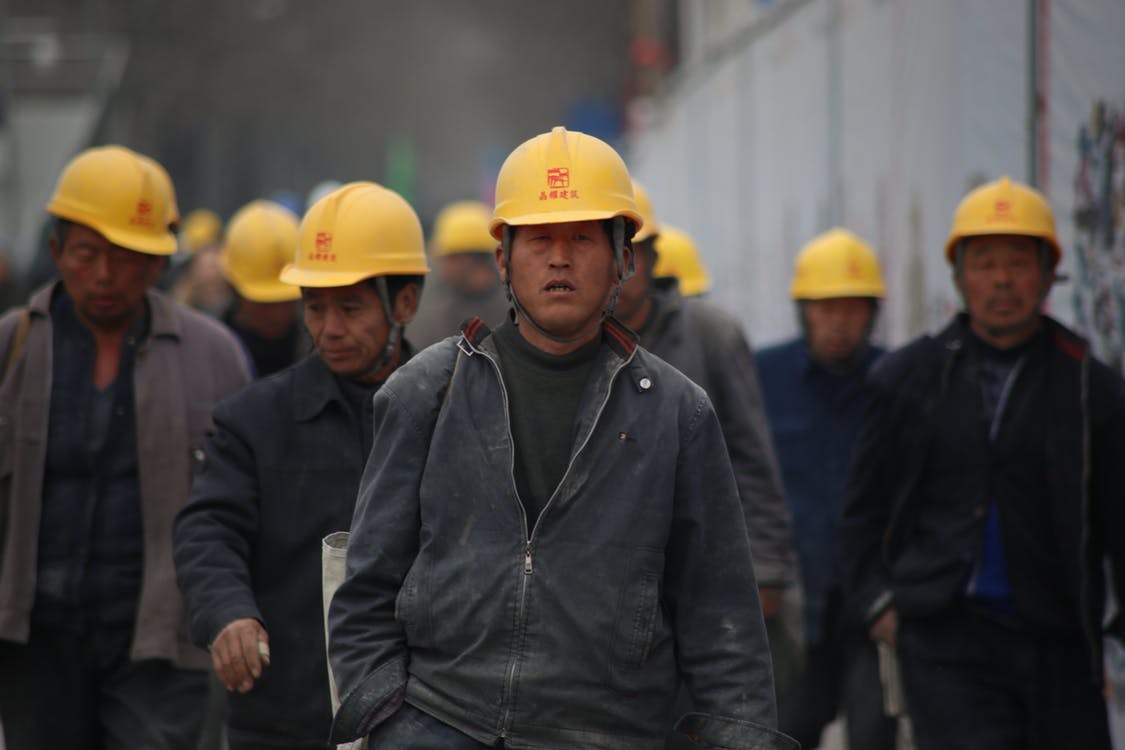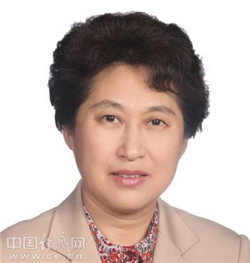
On 29 November 2019, Central Organization Department (COD) announced the appointment of Yu Hongqiu (喻红秋, b.1960) as the new chairman of All-China Federation of Supply and Marketing Cooperatives. Prior to the latest appointment, Yu was Henan vice party secretary, and was the province’s political and legal affairs commission (PLAC) chairwoman until 9 October 2019 (please see our briefing on 12 October 2019). Her concurrent appointment at PLAC was taken away on 9 October, signaling her promotion as the COD does not want to create two vacancies (Henan vice party secretary and PLAC chairmanship) at the same time following her then-upcoming promotion. The latest promotion makes Yu Hongqiu one of the only four full-ministerial-ranking female officials born after 1960. The others include Jiangsu CPPCC chairwoman Huang Lixin (黄莉新, b.1962), Zhejiang CPPCC chairwoman Ge Huijun (葛慧君, b.1963), All-China Women Federation party secretary Huang Xiaowei (黄晓薇, b.1961). Under the existing political rules, each one of the four branches of Chinese government, the Party, the State Council, the National People’s Congress (NPC), and the CPPCC, is required to have a female leader. The incumbents are Politburo member and vice premier Sun Chunlan (孙春兰, b.1950), NPC vice chairwoman Shen Yueyue (沈跃跃, b.1957), and CPPCC vice chairwoman Li Bin (李斌, b.1954). Sun and Li will retire on 20th Party Congress due to age limit, leaving at least two state-ranking vacancies to be filled by female leaders of provincial ranking.
